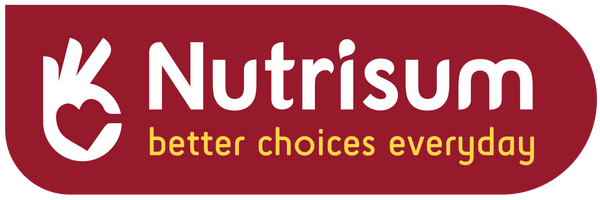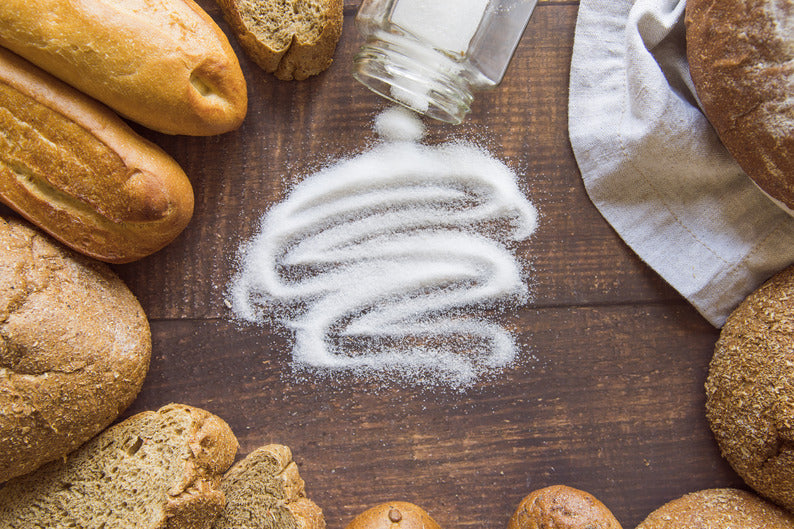Over the years, refined flour commonly known as Maida has sneaked into most manufactured food products from breads, bakery products, fast foods and so on. However commonly used in many dishes baked goods Maida is very bad and its consumption in large amounts leads to dangerous consequences for health. Let me dig a bit deeper so that you can get to understand what Maida is; the dangers of taking too much of it, why and how taking a cut on it is healthy for you.
What is Maida?
Maida is what is called all purpose flour that is refined flour where the bran and the germ from wheat is extracted, leaving only the endosperm. This process removes some of the most important nutrients and fibre, but what is left is a fine, soft powder that is ideal to use in baking. However it has less nutritional benefits compared to whole wheat or other unrefined products hence should not be taken very often.
Read through the following piece to learn more about the health dangers of taking high levels of Maida:
- Increases Blood Sugar Levels
Maida has a glycemic index of over 70 this shows that it has a high glycemic index and a first and second meal effect. When ingested the substance transits to glucose and triggers high levels of insulin in the body. Eating foods containing high levels of Maida often will result in the human body becoming intolerant to insulin hence develop type 2 diabetes.
- May be linked with increased weight and obesity
The food that this company produces lacks fiber and as a result, it ferments very quick hence contributes to frequent hunger amongst the consumers and most probably leads to over eating. Products prepared with Maida can lead to obesity and other nutritive diseases when taken frequently, because they contain high energy value but low nutritive value.
- Causes Digestive Issues
The high GI in Maida can cause lots of negative impacts for the human body such as constipation, bloating, and indigestion because this product is lacking fiber. Refined flour usually leads to problem digestion since the high amount of sugar in it upsets the balance of flora in the gut as a cause for chronic gastrointestinal health issues.
- New Bad Cholesterol Levels (LDL) Good
Some researchers have found that food containing refined flour is capable of increasing the LDL cholesterol, which is described as the “bad” cholesterol. High levels of LDL cholesterol mean high probability of such diseases and clogging of arteries in the heart. Eating foods made from Maida such as the fried or processed foods will also increase the amount of unhealthy fats in the blood.
- Chance of Developing Deficiency Disease
Many of the typical nutrients in the food are removed during milling and refining of Maida. For this reasons Maida based foods consumers may not have balanced intake of vitamins, minerals and other micro nutrients. This deficiency, when accumulated, for some time, reduces immunity of the body to infections and diseases.
- Weakens Bone Health
Maida is definitely an acidic food and when had in large proportions then the calcium gets washed out of the bones in order to lower the ph level of the body. In this process, bones become frail and the body becomes vulnerable to osteoporosis if Maida is consumed as the major fraction of daily meals.
Healthy Alternatives to Maida
- Whole Wheat Flour: A guaranteed source of fiber and nutrients, whole wheat flour is a much healthier wheat product in terms of preparing food.
- Almond Flour: An excellent source of protein, fibre and good fats, almond flour is a beneficial gluten-free ingredient.
- Oat Flour: Oat flour is full of fiber and antioxidants, which can aid your digestion and keep you energized all day.
- Coconut Flour: Coconut flour is very low in carbs, especially in carbohydrates with a high glycemic index and filled with fiber; thereby suitable if you want to regulate your sugar intake and your weight.
Tips to Reduce Maida Intake
- Opt for Whole-Grain Products: Use products made from whole grain instead of refined grain products such as bread, pasta, and baked foods.
- Cook at Home: Cooking for you also enables one to avoid processed foods because they prepare the meals at home.
- Check Labels: Opt for products written on “whole grain” or “whole wheat” because they don’t use white flour for their production.
- Snack Smart: Avoid snacking on any food prepared from Maida, instead go for nuts, fruits or meals prepared from whole grains.
Frequently Asked Questions
- Why is Maida bad for health?
Maida has no fibre and other nutrients so it gives very fast results in digestion that creates problem of elevated rate of blood sugar, digestive disorder and excessive weight gain in case of regular consumption.
- Can I eat Maida occasionally?
To some extent, yes eating Maida occasionally is not a big problem, although consumption of Maida in routine might have many health problems as it is very low in nutrition.
- What is the effect of Maida on cholesterol levels?
Most foods made from Maida contain anti-nutritional materials such as unhealthy fats that help to increase LDL cholesterol concentration affecting heart failure in the long run.
- What are the manifestations of having too much Maida?
Some are overweight, experience constipation, bloating or more frequent hunger because digestion is rather fast.
- Is there any substitute for Maida?
Indeed, almond flour coconut flour and oat flour are some of the gluten-free flours that are healthier for use and easy to digest.
Conclusion
There is a lot you can do to improve your health, and one way is by cutting down on food that contain Maida. You can keep your energy levels, digestion and prevent various chronic diseases when replacing refined grains with whole-grain or gluten-free options. If, for example the person wants to improve their overall health they should make a slight changes to their diet with the help of the quality nutritional supplements. Nutrisum offers a portfolio of nutraceutical products which are aimed at enabling you lead healthier/more active lives via balanced/structured meals.

